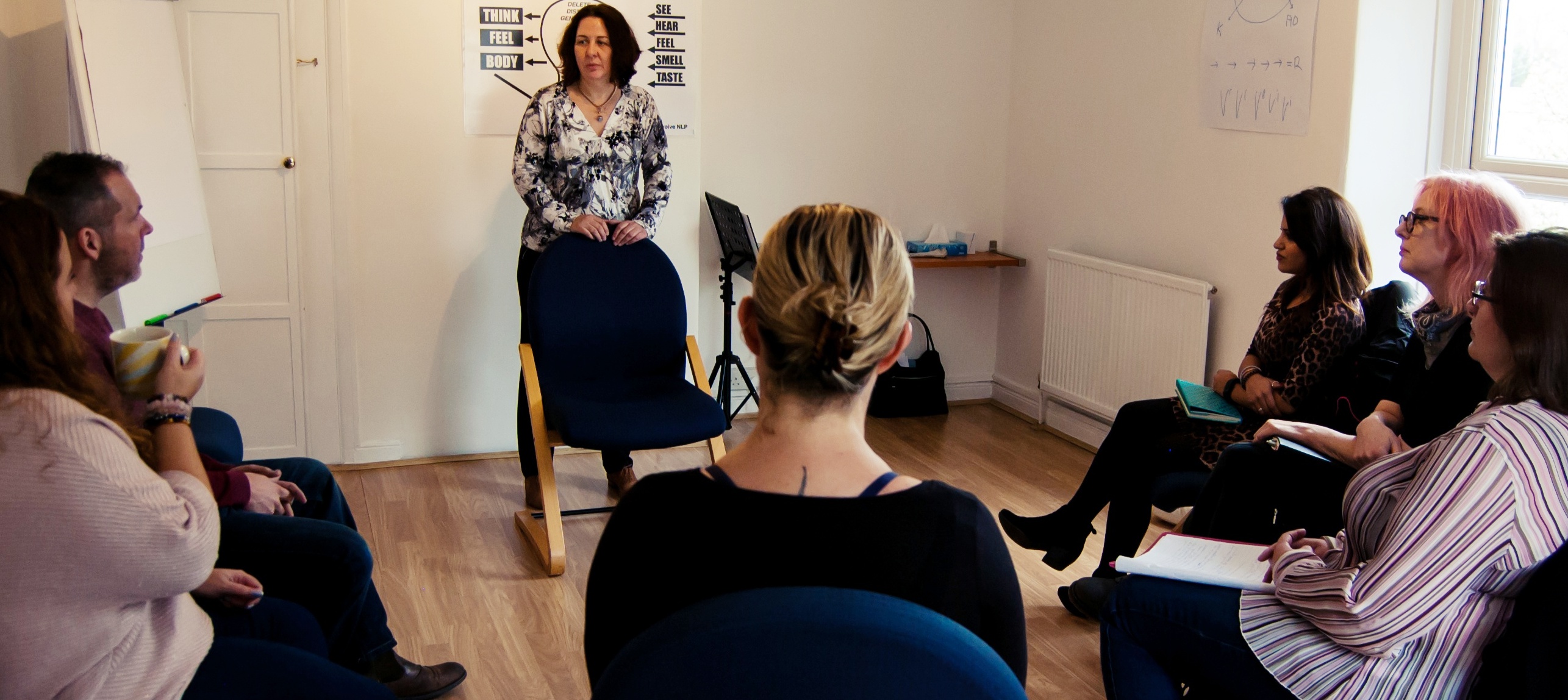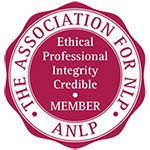 What is it about standing speaking from the front of the room that causes so many people so much concern?
What is it about standing speaking from the front of the room that causes so many people so much concern?
It’s amazing isn’t it, most people can confidently talk and share their expertise, describe their business clearly and generally communicate effectively and yet ask them to stand at the front of the room and do the same thing and they simply go to pieces, get flustered or get a mind blank.
So what is it about standing at the front of the room that has this effect?
Too many eyes looking at you?
Memories from school – perhaps a bullyish teacher calling you to the front to make an example of you?
Previous bad experiences of forgetting your words?
Dread of a shaky sounding voice?
Or some other concern that you will mess up, repeat yourself, say the wrong thing?
The fact is that all of these concerns and more will be relevant, though not all of them to all people!
Take any person concerned about standing at the front and speaking and find out their particular story. Better still take 10 people with similar concerns and discover the stories. You will have some similarities but essentially you will have 10 different stories and perhaps six or seven themes; reasons for concern. Each person will have built their current response from a combination of past experiences and their own particular Beliefs about themselves and their capabilities.
Here’s a few of the themes that often surface ;
“I’m worried people will laugh at me” this can often be tracked back to being bullied at school or to an experience of public speaking at Uni.
“I think I’m going to freeze” usually either relates to an earlier experience of public speaking or is a general concern with no basis in reality.
“I expect to see people looking bored or leaving” again it may have actually happened but more likely it’s a figment of an over active imagination.
The single biggest erroneous assumption people make about speaking is that the audience is the enemy, looking to shoot them down at the earliest opportunity.
Think about the last time you watched someone get up and speak in front of a room.
Were you sat waiting for them to fail, hoping they would stumble over their their words or forget what to say? Of course you weren’t! You turned up voluntarily to that event in the hope of learning something or being inspired. You sat in the audience hoping the speaker will do well because if they do well you benefit.
This is the thing anxious speakers forget. The audience is rooting for you – even people who don’t know you have a vested interest in you doing well.
Thinking of your audience as supportive can really change the dynamic when you stand up to speak. I like to think of the audience as a group of human beings I’m about to make a connection with. That works for me plus it has the additional benefit of setting my intention just before I begin to speak. Because for me, that’s the main goal for speaking. Whatever the subject, whatever the audience size, I want to make a connection, human to human. A connection that will allow me to share ideas, concepts, routes to self knowledge, ways of improving human experience.
Without connection nobody listens. That’s the same whether you are working one to one with someone or addressing an audience of a hundred or a thousand. Connection is the vehicle of communication – it’s what gets your point across.
There’s one thing that allows you to connect with others; being connected within yourself. By that I mean feeling happy with yourself and confident to do what you are doing. When you see a brilliant speaker who has the audience in the palm of their hand it’s because they are connected within themselves, head and heart, intellect and emotions. Being able to address an audience in this way comes from an inner confidence and self acceptance. Any attempt to be something you are not creates a inner disconnect. Concerns and anxieties do the same. Great speakers don’t happen by polishing performance from the outside. Great speakers start with being comfortable with who you are. This is internal work and it gives you have a strong foundation to build on.
I remember when I first started running NLP (essentially self development) trainings. I noticed a theme: people who trained with me went on to become accomplished speakers. And in those early trainings there was no content specific to public speaking. Some people improved their existing skills and others suddenly started speaking and presenting. Why did this happen? Because people who address anxieties and allay concerns become comfortable with who they are. When that happens we naturally want to share what we know. This is basic human nature. When I’m in a good place I want to contribute to humanity.
I soon began incorporating speaking skills into my Practitioner training (I’m a big fan of working with human nature, much more efficient than working against it). Not everything we do on NLP Practitioner Training is relevant to speaking and presenting so I’ve taken what’s relevant, added some new content and condensed the training into five days to make a Speakers Bootcamp: Unshakeable Confidence for Presenters. It’s about the confidence that comes from within. The ability to connect, first with self and then with others. There’s no hype, no beating of the chest, and you won’t have to tell yourself you can do it because without any shouting it out, without any fuss, you will absolutely know that you can.
Intrigued or interested enough to want to find out more? Email me for next course dates and if you have questions, do please ask.






